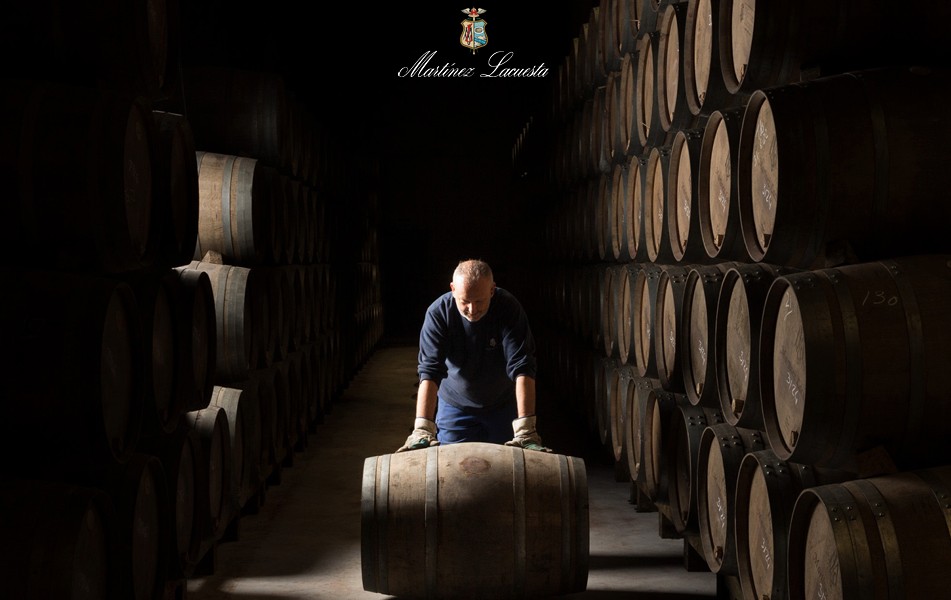Sustainability ‘competitive necessity’, Vinventions boss says
Wine closures company Vinventions claims sustainability is a “competitive necessity” for wineries as it eyes up the “huge” mass-market potential of the first glue-free plant-based closure to hit the market.
Speaking to db recently, Vinventions’ president & CEO Dr. Heino Freudenberg said the wine market was ready to embrace new technology following a “dramatic” shift in thinking about sustainability in recent years.
“Sustainability used to be a topic to talk about over Sunday tea, but is now a competitive necessity and calls on everyone in the industry to come up with strong, technical, powerful industrial solutions, that are repeatable, scale-able and reliable,” he said.
“It’s not a ‘hippy, ‘I-created-my-jumper-myself’ thing, we are really serious.”
The company relaunched its innovative SÜBR M50 this summer as the first all natural micro-agglomerated closure that uses a plant-based binder commonly use in the food packaging industry to bind the granules together instead of polymer or polyurethane glues.
This, he says made it more attractive to wineries keen to avoid glues as well as recyclable but biodegradable. “It’s a very powerful concept from natural-to-nature,” he said.
He pointed out that it had been very well received by wineries the middle to higher segments, for whom bottle to bottle consistency is very important, and was comparable in price to good glue-based products already on the market. Sampling was currently “very broad” he added and there were already around 100,000 of the new closures in circulation, being tested in cellars.
“Most agglomerated or micro-agglomerated products use glue and as there’s very little choice out there, people use it. But they [wineries] want the natural touch and feel and don’t want glue in their products so now there is a glue-free product – that’s very attractive, especially for ecologically-minded companies,” he said.
However he denied it was a “niche” product for the top segment, saying it was likely to enter the mass market and become a $30 million business by 2022.
The company is already planning to scale up production, which will help bring the costs of each unit down – an important consideration to persuade more cost-minded producers to move away from cheaper, inferior products on the market that are likely to have TCA issues.
Ready for change
The market, he says, is ready for the change – and the opportunity is ‘huge”.
Partner Content
“Today there are 4 billion micro-agglomerates out there, almost all of them glue-based, and many wineries want to move away from glue, but there hasn’t been any alternative. ”
“Technically, there’s no-one else out there right now who can offer glue-free micro-agglomerates, but the industry will adopt it. These big waves in our society are interesting, they go under the radar for many years and only the smart people see it, then suddenly they break through and everyone wants to have it – whether that’s a smart phone, a digital camera, or even a car a hundred years ago. It’s the same with sustainability.”
Circular economy
The ultimate aim of sustainability, he said, was to create a circular business in which products were recovered, recycled, and remanufactured.
“We have to become circular, not only with wine closures but more and more with all our products,” Freudenberg said.
By removing the glue commonly used in wine closures, it increased the possibility of second life products, something the team hopes to perfect by 2019.
“The aim is to have a second life product after usage which is as close to the first as possible. If you turn a wine closure into a flowerpot it’s not a very demanding application, but we’re currently working with partners on reusing a Normacorc closure and turning them back into closures. That is the art of recycling.”
This is something not limited to wine closures, he says, but all manufacturers.
“It’s a fundamental principle no one can escape.”




